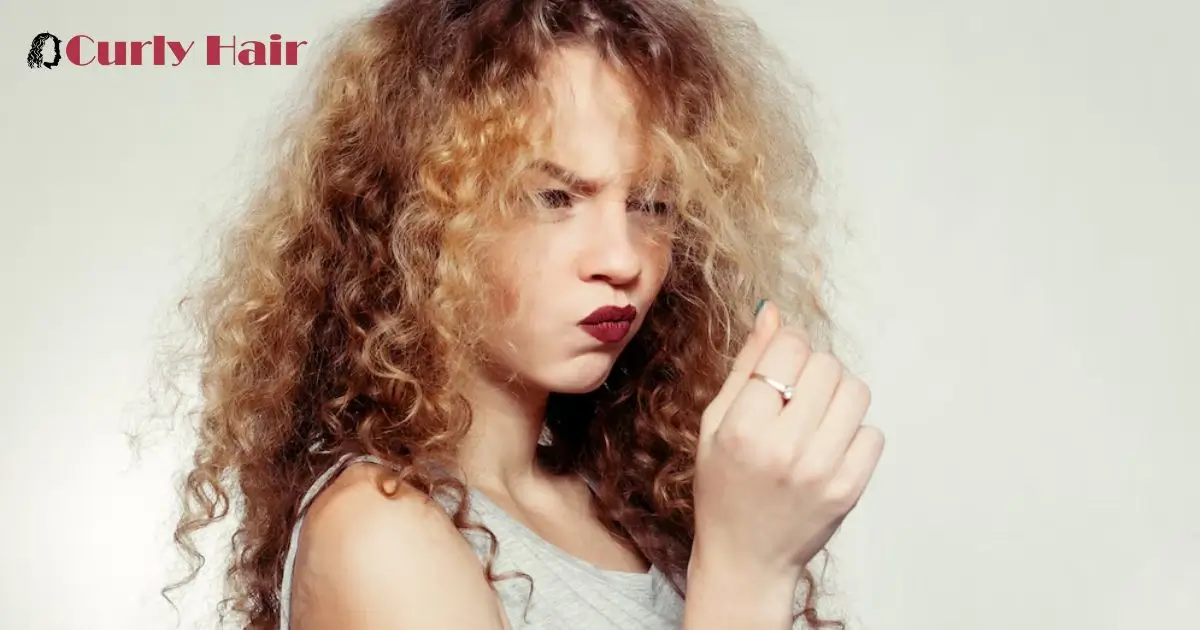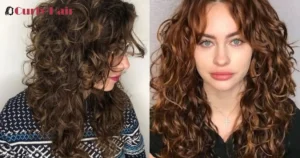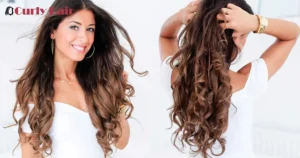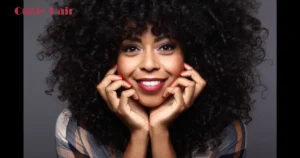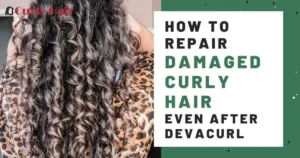Matted hair is a nightmare especially for those with naturally curly, coily, or textured hair. Whether it happens from skipping wash days, wearing long-term protective styles, or sleeping without a bonnet, matting can turn your gorgeous curls into one big knot. But here’s the good news: you can fix matted hair without damaging your curls.
This complete guide will walk you through exactly how to detangle safely, what tools and products to use, and how to prevent matted curly hair from happening again.
What Causes Matted Hair in Curly Hair Types?
Matted hair forms when individual strands twist around each other and lock together. For shiny curly hair types especially 3C to 4C this is even more common because of the curl pattern and texture.
Common causes of matted hair include:
- Dryness: When curly hair lacks moisture, strands become brittle and tangle.
- Skipping detangling: Not combing or finger-detangling regularly leads to knots.
- Product buildup: Styling gels, heavy butters, or oils can cause clumping.
- Sleeping without protection: Cotton pillowcases cause friction that leads to tangling.
- Neglect: Leaving braids or twists in too long without refreshing or moisturizing.
Matted Hair vs. Tangled Hair: What’s the Difference?
- Tangled hair usually involves light knots that are easy to remove with a wide-tooth comb or fingers.
- Matted hair, however, is tightly clumped and compacted. It feels like a solid mass and requires more care to remove without breakage.
Understanding this difference helps you use the right approach when detangling natural thick curly hair.
Must-Have Tools to Fix Matted Curly Hair
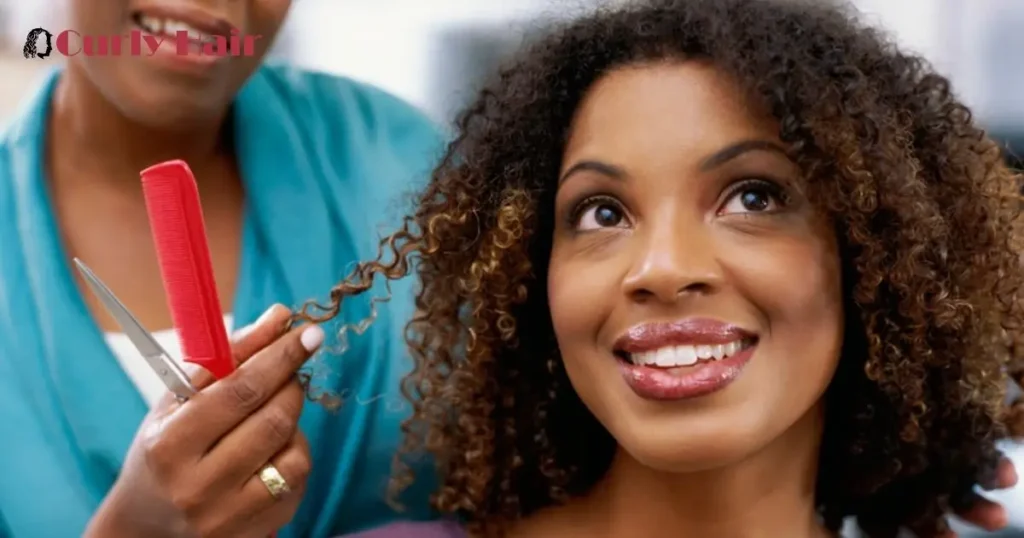
Before you start, gather these items:
- Wide-tooth comb for detangling brush
- Spray bottle with warm water
- Leave-in conditioner or slip-enhancing detangler
- Coconut oil, olive oil, or argan oil
- Hair clips or scrunchies for sectioning
- Satin scarf or bonnet for nighttime care
Optional: A hot towel or hair steamer for better product absorption.
How to Fix Matted Hair Without Damaging Curls (Step-by-Step)?
Stay Calm and Don’t Pull
Ripping through matted curls will only damage your natural hair. Be gentle and patient—it’s a process, not a rush.
Lightly Mist With Water
Use a spray bottle to dampen the matted section. Avoid soaking the hair. Damp curls are easier to manage than dry ones but less fragile than wet strands.
Apply a Moisturizing Conditioner or Detangler
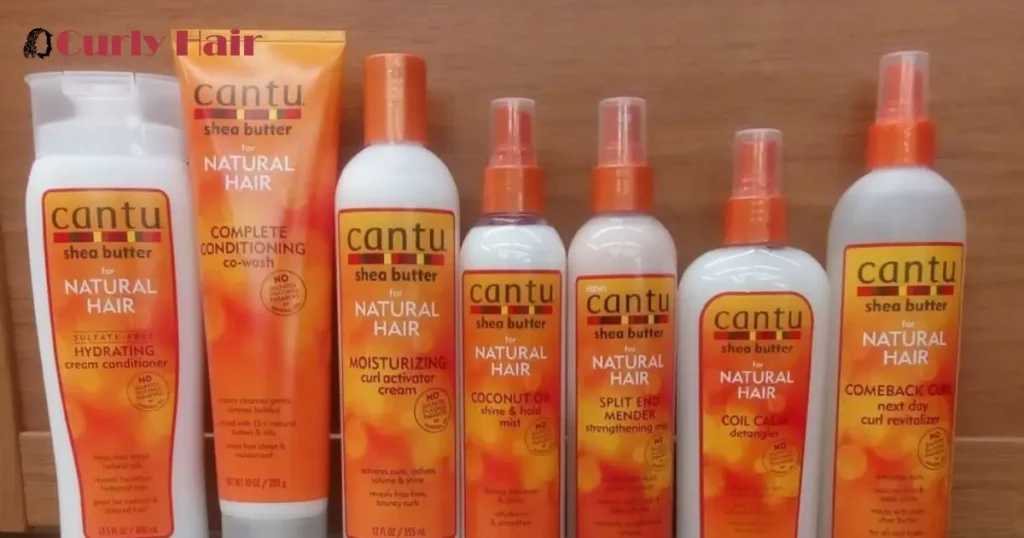
Use a product with lots of slip to soften and separate the strands. Let it sit for 10 to 15 minutes so the mat loosens naturally.
Divide Hair Into Small Sections
Section your hair with clips to manage one matted part at a time. Working in small areas prevents further stress on your curls.
Finger Detangle First
Start at the ends and gently pull apart the knots with your fingers. This helps you feel your way through without snapping strands.
Use a Wide-Tooth Comb or Brush
Once you’ve loosened the mat, go in with a wide-tooth comb to finish detangling. Avoid using small combs that tug at textured hair.
Rinse and Deep Condition
After detangling, rinse your curls and follow with a nourishing deep conditioner to restore moisture and elasticity.
What to Avoid With Matted Hair?
- Don’t detangle dry. It causes breakage and frizz.
- Avoid fine-tooth combs or brushes that snag tight curls.
- Never cut your hair unless absolutely necessary try gentle methods first.
- Don’t use excessive heat, it can weaken already stressed hair.
How to Prevent Matted Hair in the Future?
Moisturize Consistently
Hydrated curls are less likely to clump and mat. Use leave-in conditioners and lightweight oils to lock in moisture and it also increases curly hair growth.
Detangle Regularly
Use your fingers or a wide-tooth comb during wash day and refresh sessions.
Protect Hair at Night
Sleep with a satin bonnet or silk pillowcase to reduce friction and retain moisture.
Cleanse to Avoid Product Buildup
Use a clarifying shampoo once a month to remove heavy styling product residue.
Maintain Protective Styles
If wearing braids or twists, refresh the scalp, moisturize weekly, and avoid leaving styles in for too long.
Conclusion
Fixing matted hair especially on curly or natural hair types takes time, patience, and the right method. With gentle detangling, proper moisture, and a consistent hair care routine, you can recover from even the worst tangles without sacrificing your curls’ health or length.
Prevent matting by keeping your curly hair hydrated, detangled, and protected, and your crown will continue to thrive.
Frequently Asked Questions
Can I detangle severely matted hair at home without breakage?
Yes, with the right products and patience, you can safely detangle at home.Use moisture-rich conditioners, oils, and gentle tools for curly hair types.Avoid pulling or using force, especially on tightly coiled or textured curls.
What’s the best method to prevent matted hair in natural curls?
Keep curls moisturized with leave-in conditioners and sleep in satin bonnets.Detangle regularly and avoid heavy product buildup on the scalp and hair.Protective hairstyles like twists or braids also reduce friction and matting.
Is it better to detangle curly hair wet or dry to avoid matting?
Always detangle curly or coily hair while damp and coated in conditioner.Dry detangling leads to breakage, split ends, and more knot formation.Use a wide-tooth comb or fingers and start gently from the ends upward.
Can product buildup cause curly hair to get matted quickly?
Yes, residue from creams, gels, and oils can glue strands together over time. Clarify your curls every 2 to 4 weeks to keep your hair and scalp healthy.Using lightweight, non-sticky products can help reduce tangling.
How long can curly hair go without detangling before mating occurs?
Going more than a week without detangling increases the risk of matting.Hair type, porosity, and styling all affect how quickly knots form.Use protective styles and refresh moisture between wash days.
What oils work best for loosening matted curly hair naturally?
Coconut oil, olive oil, and argan oil offer great slip and hydration.These oils soften knots, reduce friction, and protect fragile curl strands.Massage into matted sections and let sit before attempting to detangle.
Should I trim my hair if it keeps getting matted or tangled?
Yes, trimming split or damaged ends helps prevent tangles from forming.Regular trims also maintain curl health and reduce matting around the ends.Consider a shape cut to keep curls manageable and defined.
